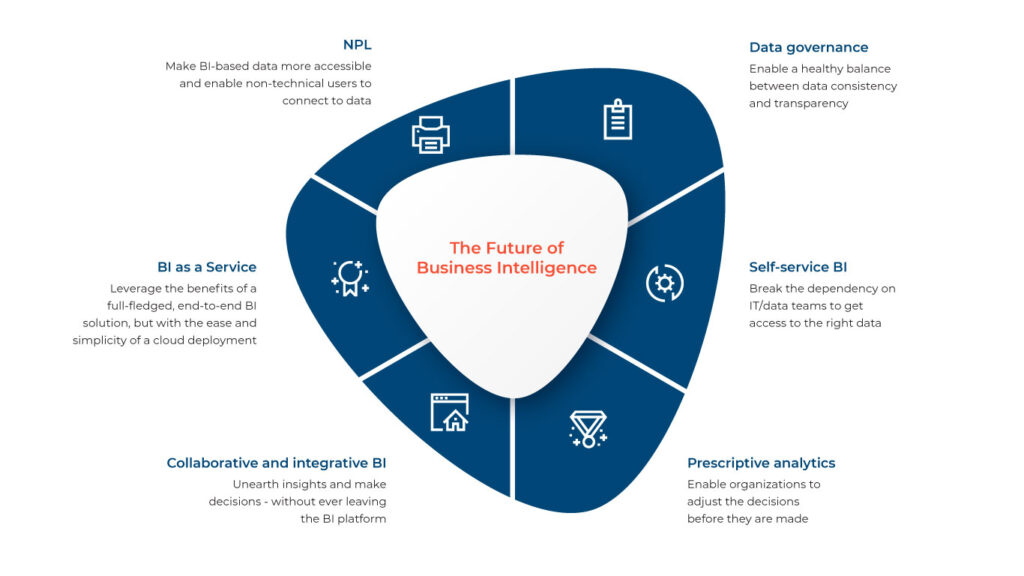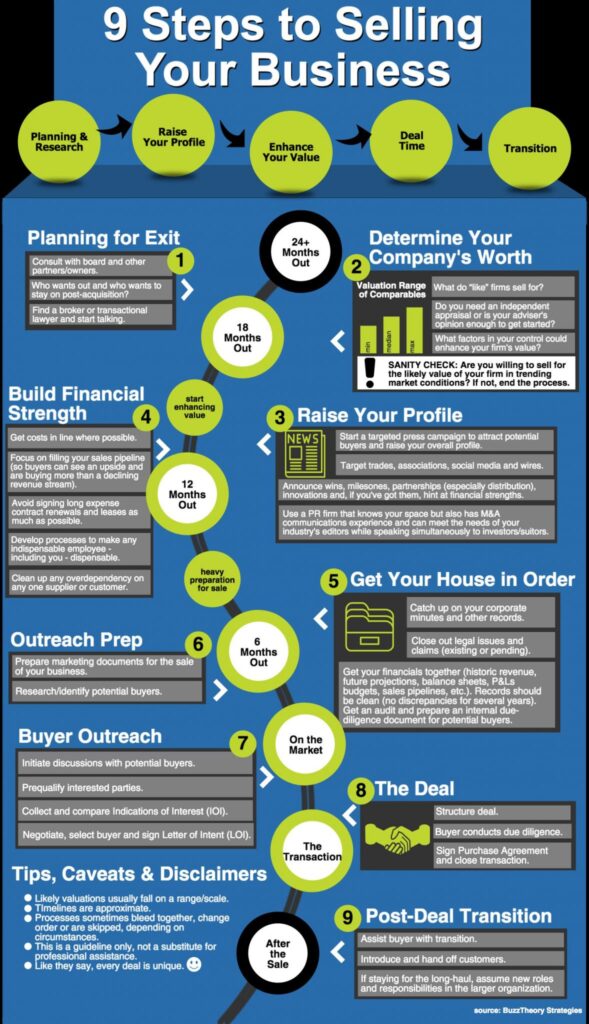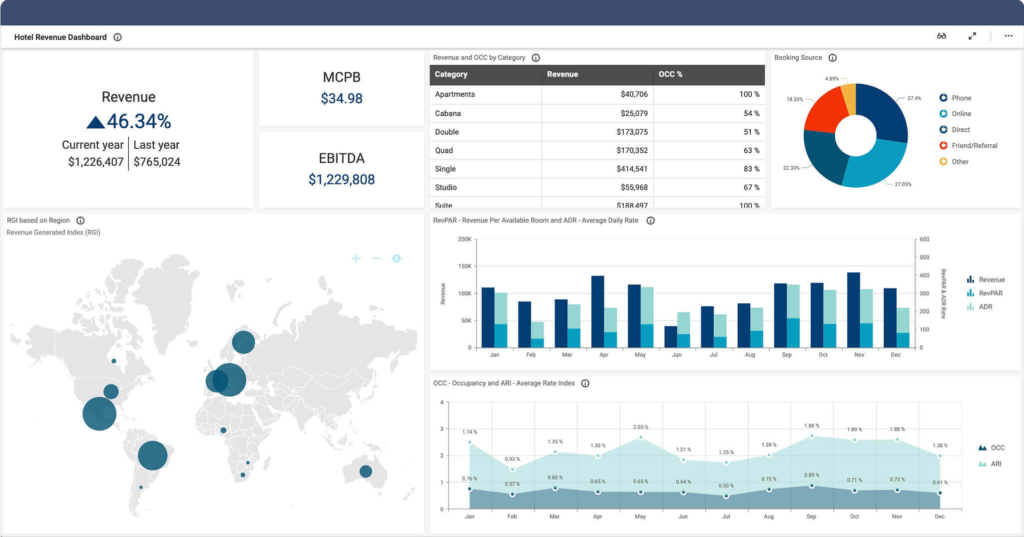In today’s data-driven world, the terms “information” and “business intelligence” are often used interchangeably. However, there is a crucial difference between the two that is often overlooked. Information is any data or knowledge that is gathered and communicated, while business intelligence is a specific type of information that is used to aid in decision-making and improve business performance.
To understand the distinction between information and business intelligence, it is important to recognize that all business intelligence is information, but not all information is business intelligence. While information provides insights into various aspects of a company’s operations, business intelligence focuses on analyzing specific data sets to identify patterns, trends, and opportunities for growth. In other words, business intelligence provides a deeper level of understanding and context to raw data, allowing organizations to make informed decisions and gain a competitive advantage.

What is Information?
Information is defined as data that has been collected, organized, and presented in a meaningful way. It can be structured or unstructured, can be found in a variety of sources, and can be used for a variety of purposes. Information is the raw material that is used to build knowledge and make decisions.
Information can be used to provide an understanding of a situation. It can be used to identify risks and opportunities, inform decision-making, and shape strategies. It can also be used to develop and improve products, services, and processes. It can be used to gain insights into customer needs and behaviors, and to better understand markets and competitors.
What is Business Intelligence?
Business intelligence (BI) is the practice of using data to make decisions and draw insights. It involves collecting and analyzing data from multiple sources, using a variety of tools and techniques. BI is used to gain insights into customer needs, market trends, competitor behavior, and other aspects of the business.
BI is used to make better decisions by providing real-time data on the performance of the business. It can be used to track progress against goals, identify areas of improvement, and plan for future success. BI can also be used to respond quickly to changing market conditions, develop new products and services, and optimize operations.
Difference between Information and Business Intelligence
The primary difference between information and business intelligence is that while information is the raw material used to build knowledge, business intelligence is the practice of using that knowledge to make decisions. While information provides an understanding of a situation, business intelligence uses that understanding to make better decisions.
Information is typically collected from a variety of sources, including databases, spreadsheets, surveys, and interviews. It can be structured or unstructured, and can be used for a variety of purposes. Business intelligence, on the other hand, typically involves using data to make decisions. It involves collecting and analyzing data from multiple sources, using a variety of tools and techniques to gain insights into customer needs, market trends, competitor behavior, and other aspects of the business.
Using Information and Business Intelligence
Information and business intelligence are used in different ways. Information is typically used to provide an understanding of a situation. It can be used to identify risks and opportunities, inform decision-making, and shape strategies. Business intelligence, on the other hand, is used to make decisions. It is used to track progress against goals, identify areas of improvement, and plan for future success.
In addition, information and business intelligence can be used together. For example, information can be used to gain insights into customer needs, market trends, and competitor behavior. This information can then be used to make decisions and draw insights.
Conclusion
In summary, the primary difference between information and business intelligence is that while information is the raw material used to build knowledge, business intelligence is the practice of using that knowledge to make decisions. Information and business intelligence can be used together to gain insights and make better decisions.
Frequently Asked Questions
Information and business intelligence are two related concepts that are often used interchangeably, but they are not the same thing. In this article, we will discuss the primary difference between them.
What is the Primary Difference Between Information and Business Intelligence?
Information is data that is organized, structured, and presented in a meaningful way. It is the raw material that is used to create reports, charts, and other forms of analysis. Business intelligence, on the other hand, is the application of information to gain insight and make better decisions. It is the process of gathering, transforming, and analyzing data to gain a better understanding of the situation at hand.
Business intelligence goes beyond simply gathering and organizing data. It involves the use of advanced analytics, such as predictive analytics and machine learning, to gain insights that can be used to make better business decisions. Business intelligence also involves making use of data visualization tools to present data in a more meaningful way.
What is the Purpose of Business Intelligence?
The purpose of business intelligence is to give organizations the ability to make better decisions by leveraging the data they have collected. By using advanced analytics and data visualization tools, organizations can gain insights into their data that can be used to make better decisions. Business intelligence can help organizations understand customer behavior, market trends, and other data-driven insights.
Business intelligence can also help organizations identify new opportunities, improve operational efficiencies, and optimize processes. By leveraging the data they have collected, organizations can better understand their customers, markets, and operations, allowing them to make more informed decisions that will help them achieve their goals.
What Are the Benefits of Business Intelligence?
The primary benefit of business intelligence is that it enables organizations to make better decisions by leveraging their data. By using advanced analytics and data visualization tools, organizations can gain insights into their data that can be used to make better decisions. Business intelligence can also help organizations identify new opportunities, improve operational efficiencies, and optimize processes.
Another benefit of business intelligence is that it can help organizations save time and money. By automating the process of collecting, organizing, and analyzing data, organizations can reduce the time and effort required to gain insights into their data. This can help organizations reduce costs and increase efficiency.
What Is the Difference Between Business Intelligence and Big Data?
Business intelligence and big data are two related but distinct concepts. Business intelligence is the application of information to gain insights and make better decisions. Big data, on the other hand, is the process of collecting, organizing, and analyzing large amounts of data to gain insights.
Business intelligence is focused on leveraging data to gain insights and make better decisions. Big data is focused on collecting, organizing, and analyzing data to gain insights. While business intelligence and big data are related, they are not the same thing.
What Is the Role of Artificial Intelligence in Business Intelligence?
The role of artificial intelligence (AI) in business intelligence is to automate the process of gathering, transforming, and analyzing data to gain insights. AI can be used to automate the process of gathering, organizing, and analyzing data, allowing organizations to gain insights faster and more efficiently. AI can also be used to automate the process of creating data visualizations, allowing organizations to more easily understand their data.
AI can also be used to automate the process of making decisions. AI can be used to identify patterns in data that can be used to make better decisions. AI can also be used to automate the process of predicting future outcomes based on past data, allowing organizations to make better decisions based on the data they have collected.

What is Business Intelligence (BI) and Why is it Important?
In conclusion, understanding the difference between information and business intelligence is crucial for any organization that seeks to stay competitive in today’s data-driven world. While information refers to raw data, business intelligence involves the process of collecting, analyzing, and presenting this data in a meaningful way that informs decision-making. Business intelligence goes beyond just reporting what has happened in the past, it helps organizations to anticipate future trends, identify opportunities for growth and development, and make informed strategic decisions.
Ultimately, business intelligence enables organizations to make data-driven decisions that can help improve efficiency, reduce costs, and drive growth. In today’s fast-paced business environment, having access to accurate and timely business intelligence has become a key differentiator between successful and struggling organizations. Therefore, companies must invest in the necessary tools and resources to collect, analyze, and interpret data effectively, so they can stay ahead of the competition and achieve long-term success.



